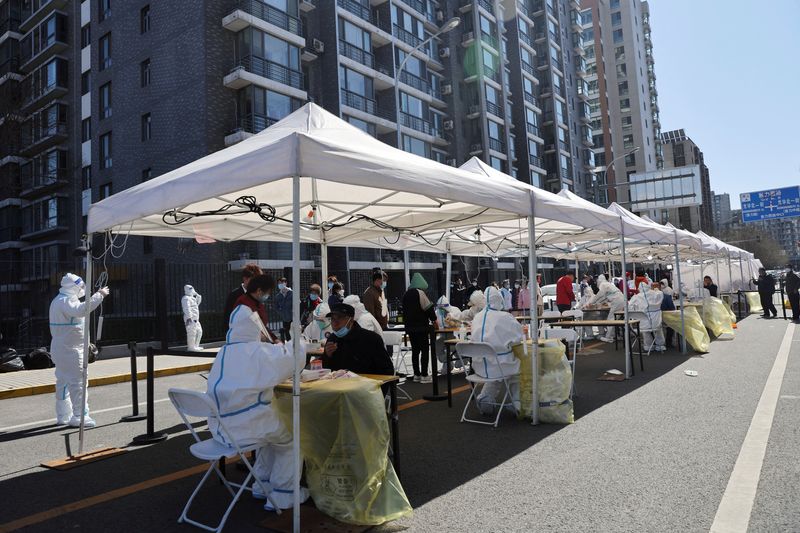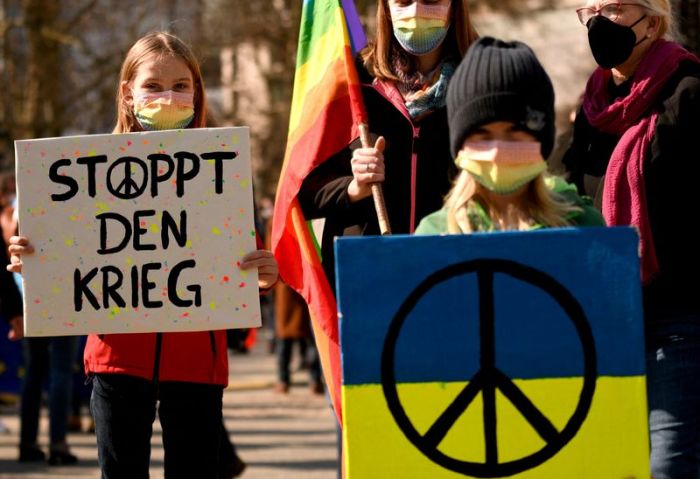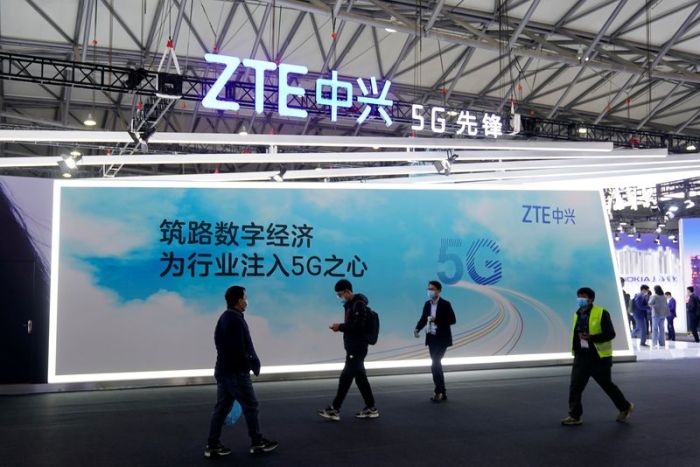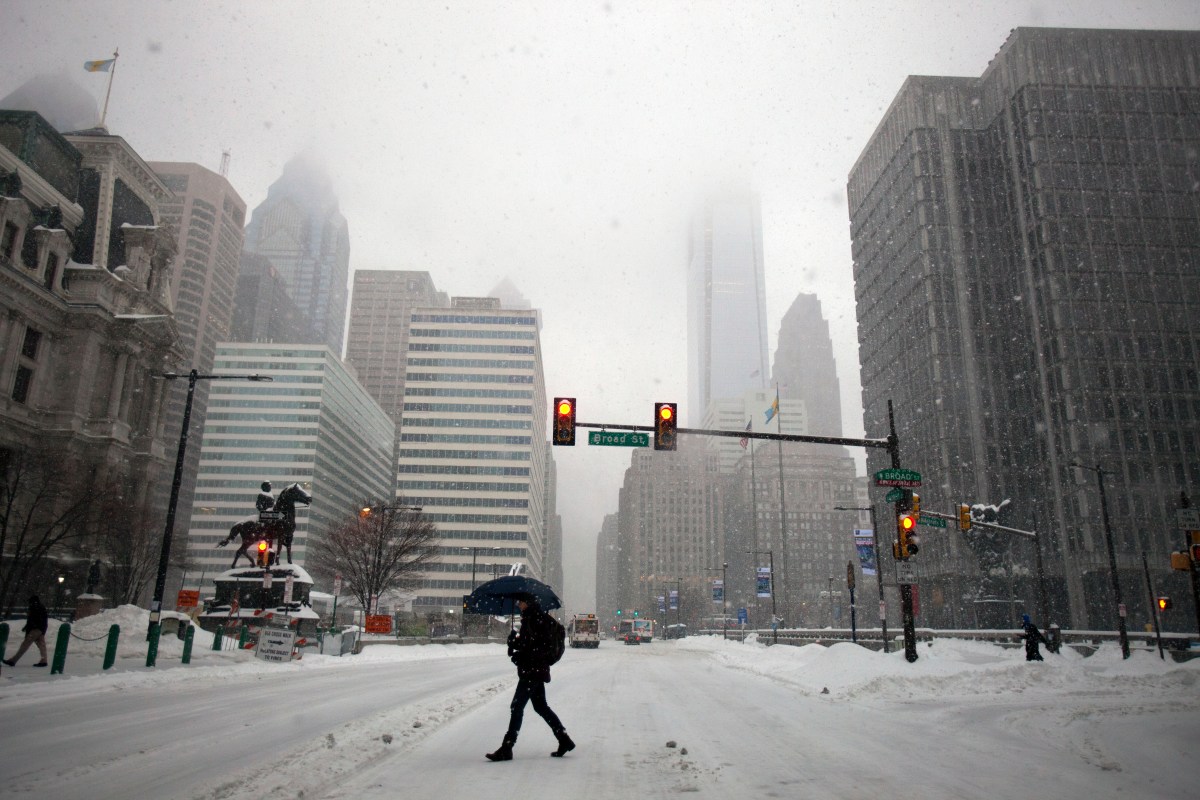BEIJING (Reuters) -A northeastern Chinese province on Monday imposed a rare travel ban on its population as the region’s Omicron outbreak helped drive China’s tally of new local COVID-19 cases so far this year higher than any recorded in 2021.
Mainland China reported 1,337 new domestically transmitted COVID infections with confirmed symptoms on March 13, the National Health Commission (NHC) said on Monday. That brought the registered total this year to more than 9,000, compared with 8,378 in 2021, according to Reuters calculations.
Over 30% of the 2022 cases were found in the northeastern province of Jilin, which is scrambling to rein in the fast spread of the Omicron BA.2 sub-variant of the coronavirus.
Jilin, which spans 187,400 sq km, or the equivalent of two Portugals, announced that all its 24.1 million residents were prohibited from travelling out of or into the province, or across different areas within the province.
Those who indeed must travel must notify the local police, and will be subject to a quarantine requirement upon returning, according to a provincial government statement.
In the past week, new COVID cases have been reported in Beijing and the financial hub Shanghai – China’s most populous cities – as well as in the provinces of Guangdong, Jiangsu, Shandong and Zhejiang along the coast.
While the number of infections is small compared with caseloads elsewhere in the world, the rapid rate of increase has activated China’s dynamic zero COVID policy, which mandates that infections be quickly identified and contained.
“The long-distance bus station has been closed, and nucleic acid tests are required when travelling to other provinces,” said Loyd Ge, 34, a Shanghai resident.
He noted that even with the counter-measures, a new outbreak had occurred in Shanghai, and that he felt this could lead to stiffer controls and even a city-wide lockdown.
Further south in the city of Shenzhen, China’s Silicon Valley, officials have temporarily suspended public transport and urged people to work from home as they carry out city-wide testing this week following an increase in infections.
Apple suppliers Foxconn and Unimicron Technology Corp both suspended operations in Shenzhen on Monday. Foxconn, formally known as Hon Hai Precision Industry Co, said operations would be suspended until further notice, adding it would deploy backup plants to reduce the disruption to production.
In the northeastern city of Changchun, currently under lockdown, Toyota suspended production at its joint venture with China’s FAW Group.
“China’s economy could be severely hit again,” Nomura said in a note, adding that the COVID situation in China had deteriorated at an “alarming” pace over the past week.
“The outbreak has now reached almost every part of China with significant economic importance,” Nomura said.
There were 906 new asymptomatic cases, which China does not classify as confirmed cases, compared with 1,455 a day earlier.
There were no new deaths, leaving the death toll unchanged at 4,636.
As of March 13, mainland China had reported 116,902 cases with confirmed symptoms, including both local and imported ones.
(Reporting by Brenda Goh, Ryan Woo, Roxanne Liu, Xihao Jiang and Albee Zhang; Editing by Mark Heinrich)
























